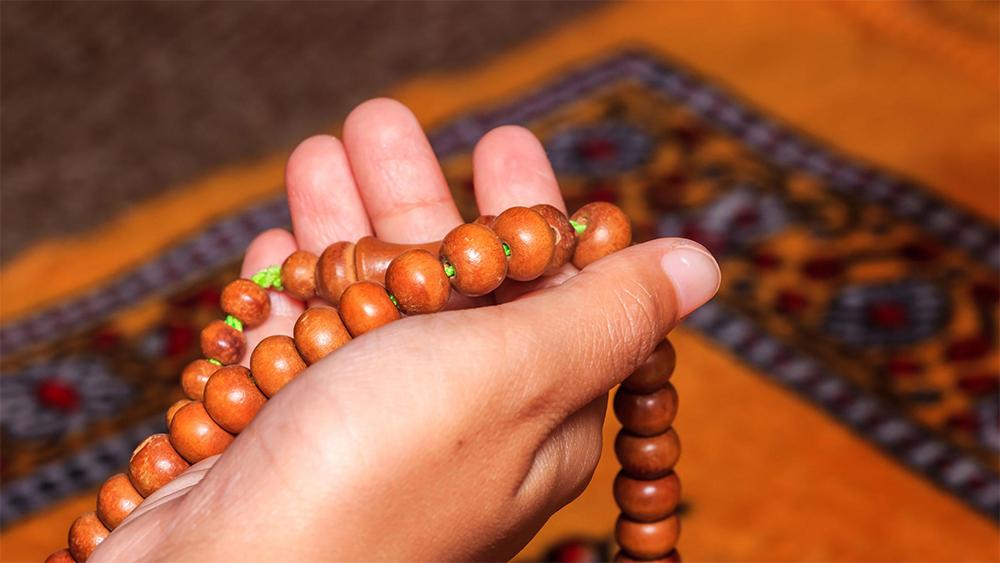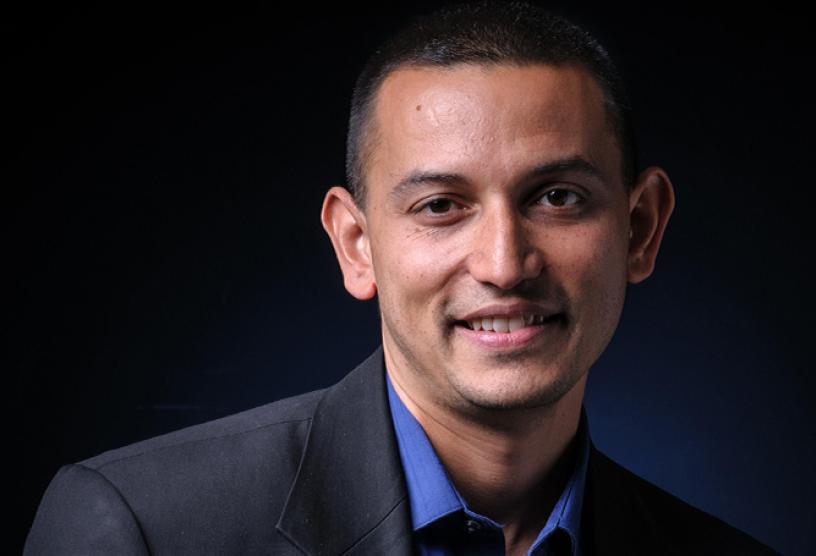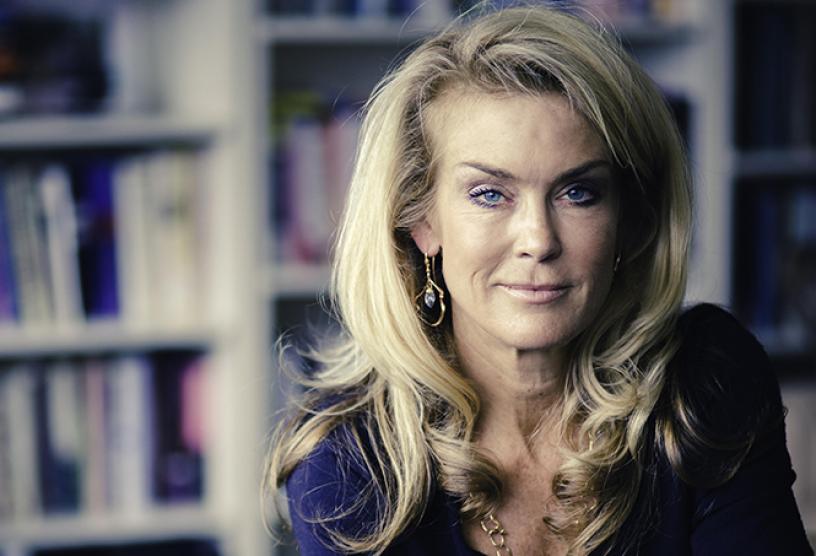
Accountability: Connecting Spirituality and Religion to Civic Life

The Study of Spirituality in the United States (SSUS) survey is a landmark nationally representative study—the first to examine spirituality, accountability, and civic life. All of these topics are evergreen–always relevant–yet accountability resonates as particularly important now.
Welcoming Spiritual Accountability and Civic Life
As a spiritual virtue, welcoming accountability involves being responsive to God or a higher power for carrying out one’s responsibilities (Witvliet et al., 2019). The SSUS assessed this virtue with two key questions: To what extent are you accountable to a higher power for your impact on other people? And To what extent are you accountable to a higher power for your impact on the natural environment?
The SSUS found that the majority of adults see themselves as accountable to a higher power for their impact on other people (71%) and on the natural environment (68%). These expressions of accountability were tied to both spirituality and religion, as well as civic attitudes and activities.
Specifically, respondents with higher accountability were also more likely to report spiritual and religious involvement, service attendance, experiences of guidance, and aspirations to grow in spirituality and religion. They also held civic attitudes that placed importance on making a difference in their communities (e.g., being informed, welcoming, speaking up when others have been wronged, helping others in need, supporting causes, and volunteering). Further responders with higher accountability engaged in more civic behaviors (e.g., attending community events, knowing their neighbors, interacting with strangers, donating to causes, and participating in organized volunteer opportunities).
Accountability: A Bridge Connecting Spirituality and Religion to Civic Engagement
A key question is: What connects people’s perceptions of the importance and influence of spirituality and religion to their civic engagement?
The SSA data set allowed us to test the hypothesis that perceiving oneself as accountable to a higher power for the impact one has on others and on the world may be a mediator that functions like a bridge connecting spirituality and religion to civic involvement.
Charlotte Witvliet and Sung Joon Jang collaborated to test the “accountability as a bridge” hypothesis, presenting their findings in 2021. They showed that after controlling for demographic variables, accountability was a reliable mediator or bridge connecting participants’ perceived importance and influence of spirituality and of religion to their overall civic engagement, as well as volunteering and donating. We noted that the extent to which participants considered their religion as important to them continued to have a direct and positive association with their level of civic engagement overall and with donating specifically.
Why These Findings Matter
Accountability is an important, yet previously unexamined, link in the relationships that spirituality and religion have with civic engagement. To foster a healthy democracy, leaders in various branches of government, public servants, and citizens all need to engage in civic life in ways that show accountability for their impact on others and the natural environment.
The SSUS is the first high-quality nationally representative study to assess accountability in relationship to spirituality and civic life. We found that accountability to a higher power for one’s impact on others and the natural environment was positively associated with spirituality and religiosity, as well as prosocial civic attitudes and actions. We further observed that accountability was one important bridge connecting participants’ spirituality and religion to their civic involvement. These crucial and relevant findings warrant widespread awareness in the academy and everyday life.
Charlotte vanOyen-Witvliet, PhD, is the Lavern ’39 and Betty DePree ’41 VanKley Professor of Psychology at Hope College.
Sung Joon Jang, Ph.D., is Research Professor of Criminology and Co-director, Program on Prosocial Behavior, Institute for Studies of Religion, Baylor University.
References
Witvliet, C. V. O., & Jang, S. J. (October 2021). Study of Spirituality in America: Transcendent accountability in relation to civic life and political participation. In S. J. Jang, M. Bradshaw, J. Leman, J., & B. R. Johnson Religion, spirituality, and accountability in America: Exploring their relationships with psychological well-being and human behavior [Symposium]. Living Accountably conference, Institute for Faith and Learning, Baylor University.
Witvliet, C. V. O., Jang, S. J., Berry, J. W., Evans, C. S., Torrance, A., Johnson, B. R., Roberts, R. C., & Peteet, J. R. (July 2019). Accountability to the transcendent: A new frontier in psychology. Presented at the Association for Research in Personality (ARP) Annual Convention, Grand Rapids, MI.

